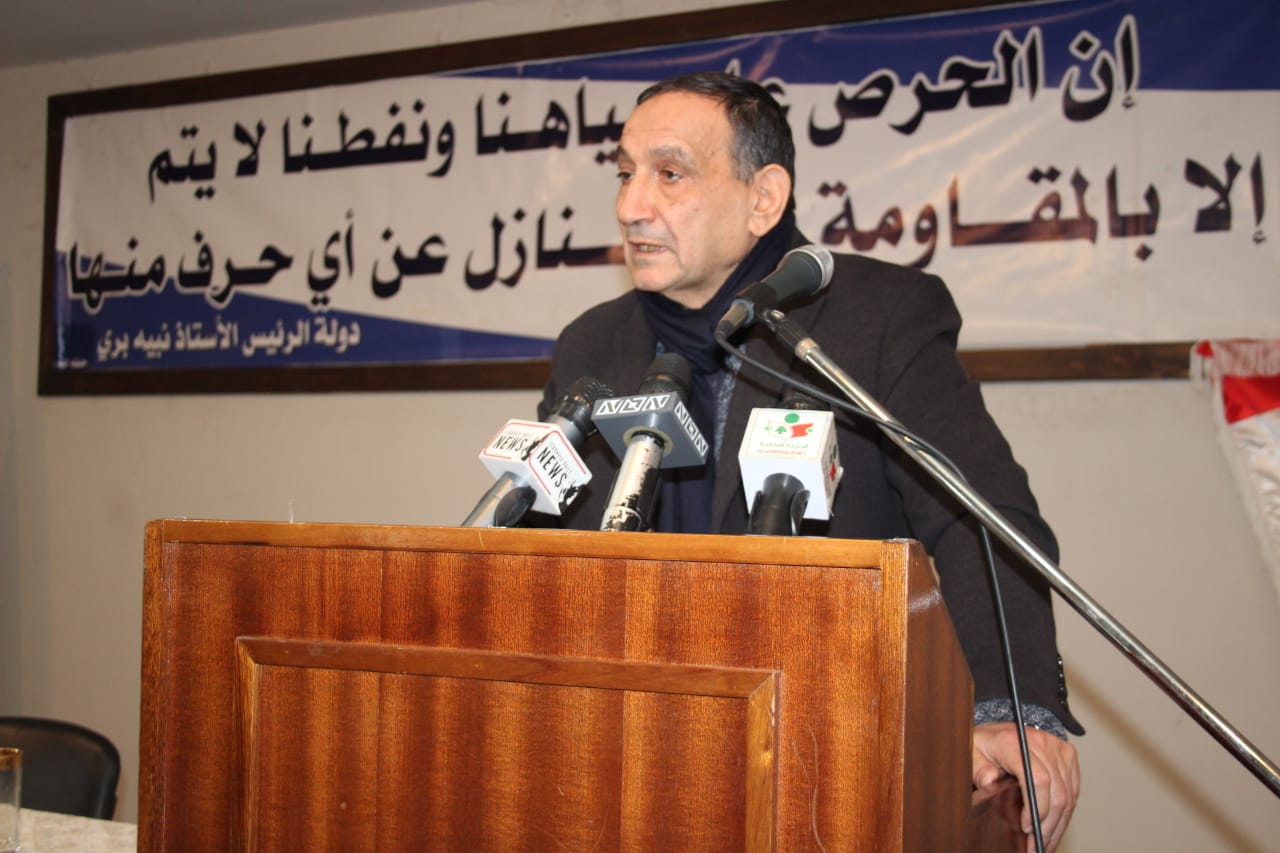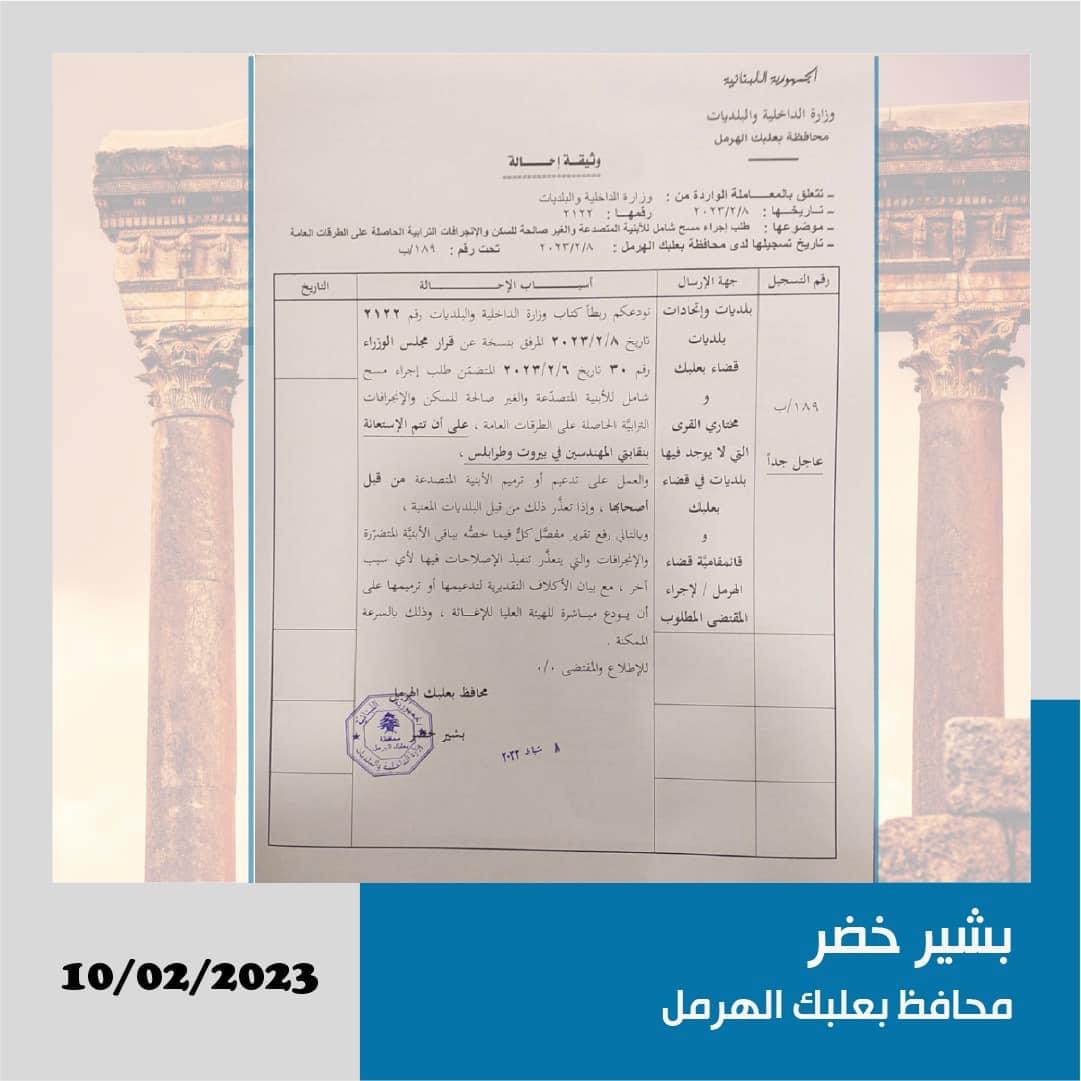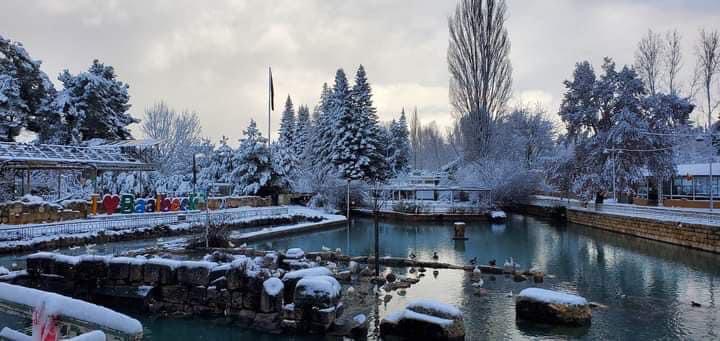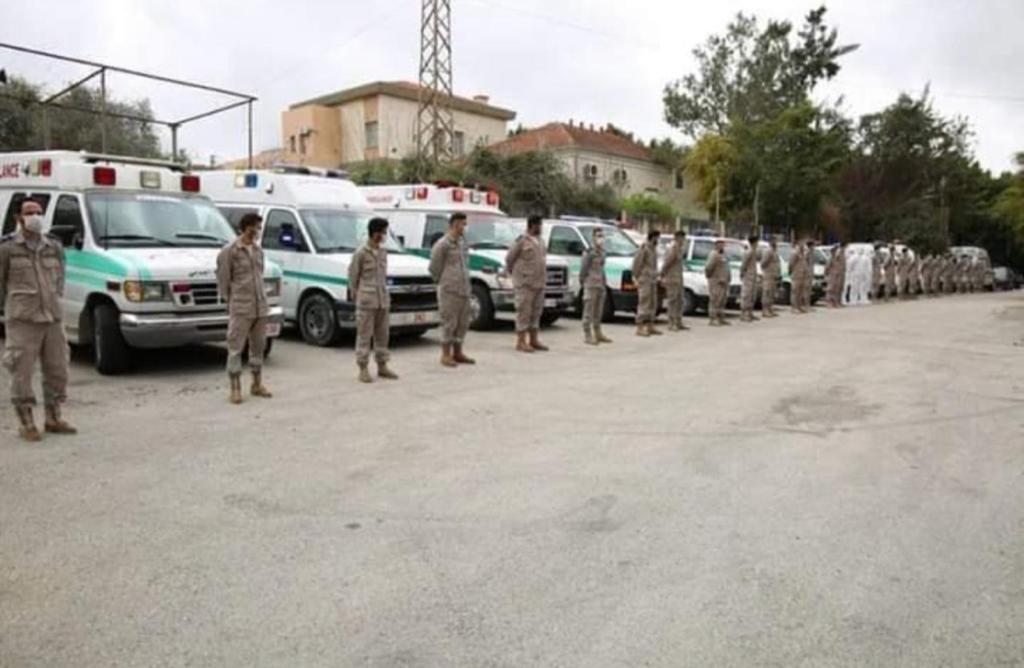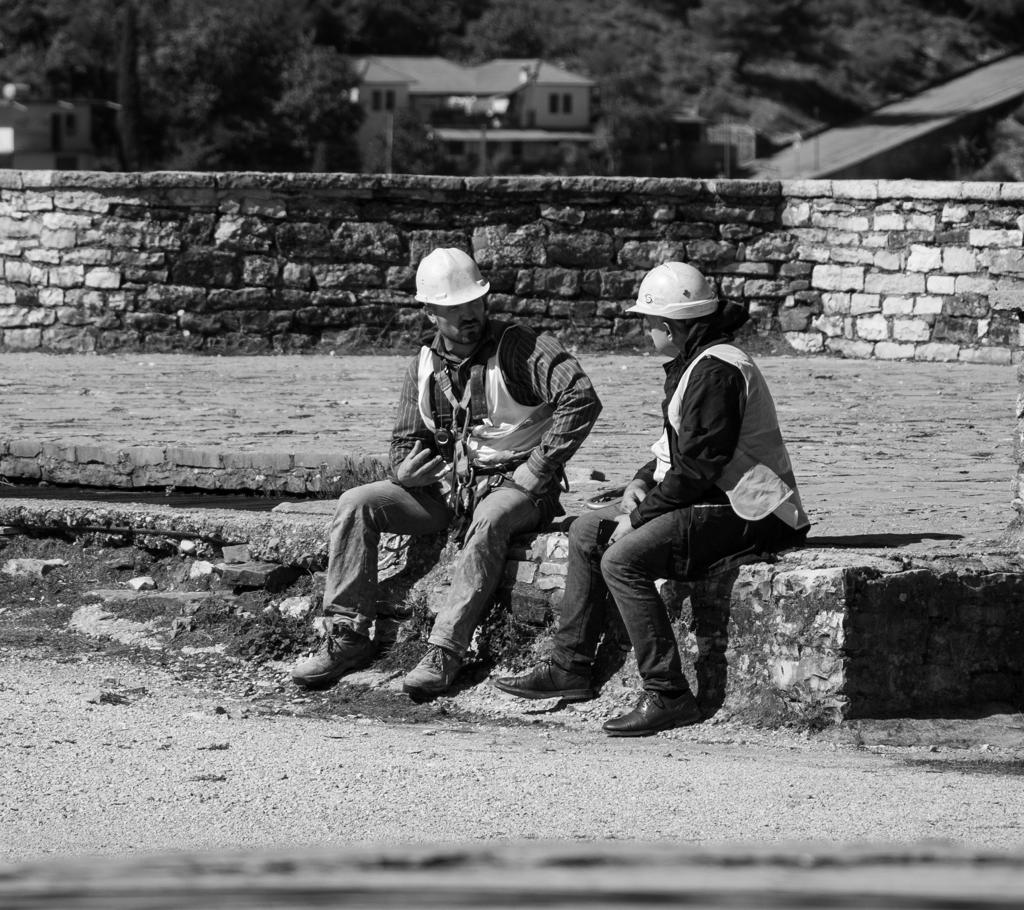Copyright law provides a framework for protecting the rights of creators and owners of original works, including journalists and photographers. However, in Lebanon, the financial crisis, the COVID-19 pandemic, politics, and other factors have created a challenging environment for media professionals looking to protect their work and their rights. In this article, we will examine the state of copyright in media in Lebanon, the challenges faced by journalists and photographers, and provide recommendations for safeguarding their work.
Copyright in Media in Lebanon
Copyright law in Lebanon is governed by the Lebanese Intellectual Property Law (LIPL), which provides protection for original works of authorship, including literary, artistic, and scientific works. The LIPL defines copyright as the exclusive right of the author or creator to exploit, produce, and dispose of a work, as well as to authorize others to do so. This includes the right to make copies of the work, distribute it to the public, and make adaptations or other derivatives.
Challenges Facing Journalists and Photographers
Despite the protections afforded by copyright law in Lebanon, journalists and photographers face significant challenges in protecting their work and enforcing their rights. One of the biggest challenges is the lack of resources and infrastructure for monitoring and enforcing copyright violations, especially in the digital space. This has made it difficult for journalists and photographers to know when their work is being used without proper licensing or compensation, and to take action to protect their rights.
In addition, there is a general lack of awareness among media consumers about the importance of respecting copyright and the extent to which it is acceptable to use others’ work for news reporting or commentary purposes. This has contributed to increased copyright violations, especially in the online space, where information is shared and re-shared quickly and easily.
The Effect of Online News Sites on Copyright
The rise of online news sites has had a major impact on copyright in the media industry in Lebanon. With the growth of the internet and the ease of sharing information online, it has become easier for individuals and organizations to share the work of others without proper attribution or compensation. This has led to an increase in the number of copyright violations in the online news space, as journalists and photographers struggle to protect their work and their rights.
One particular challenge is the use of automated content aggregators and other algorithms that collect and distribute news articles and images without proper licensing or compensation. This has made it difficult for journalists and photographers to monitor the use of their work and to take action when it is being misused. It has also created confusion around the definition of “fair use” and the extent to which individuals and organizations are allowed to use others’ work for news reporting or commentary purposes.
The Effect of Social Media on Copyright
Social media has also had a significant impact on copyright in Lebanon. With the ease of sharing information and images on social media platforms, it has become easier for individuals to steal the work of others and add their own watermark or signature. This has led to an increase in the number of copyright violations on social media, as journalists and photographers struggle to protect their work and their rights.
The ethics of journalism and photography play a big role in this issue, as it is important for journalists and photographers to respect the rights of others and to ensure that their work is properly attributed and licensed. However, in the fast-paced and competitive world of social media, it can be difficult for journalists and photographers to keep up with the use of their work, and to take action when it is being misused.
Recommendations for Safeguarding Copyright
Given the challenges faced by journalists and photographers in protecting their work and their rights in Lebanon, it is important to take steps to safeguard their copyright. Below are some recommendations that journalists and photographers can follow to better protect their work:
- Educate Yourself: Stay informed about the latest developments in copyright law, both in Lebanon and internationally. This will help you understand your rights and the best ways to protect them.
- Use Watermarks and Signatures: Adding a watermark or signature to your work can help to protect it from theft and unauthorized use.
- Monitor Your Work: Use online tools and services to monitor the use of your work online, and to identify any potential violations of your rights.
- Take Action: If you believe that your work has been used without proper licensing or compensation, take action to protect your rights. This may include contacting the individual or organization responsible or seeking legal advice.
- Join Professional Organizations: Joining professional organizations, such as the Lebanese Syndicate of Journalists or the Lebanese Photographer’s Association, can provide you with support, resources, and opportunities to advocate for your rights.
By following these recommendations, journalists and photographers can better protect their work and their rights in Lebanon. However, it is important to note that the challenges faced by media professionals in the country are complex and multifaceted, and will require a comprehensive and sustained effort to address.
In conclusion, the financial crisis, the COVID-19 pandemic, politics, and the growth of online news sites and social media have created a challenging environment for journalists and photographers in Lebanon. However, by staying informed, using tools and resources to protect their work, and taking action when necessary, journalists and photographers can better safeguard their copyright and their rights.



